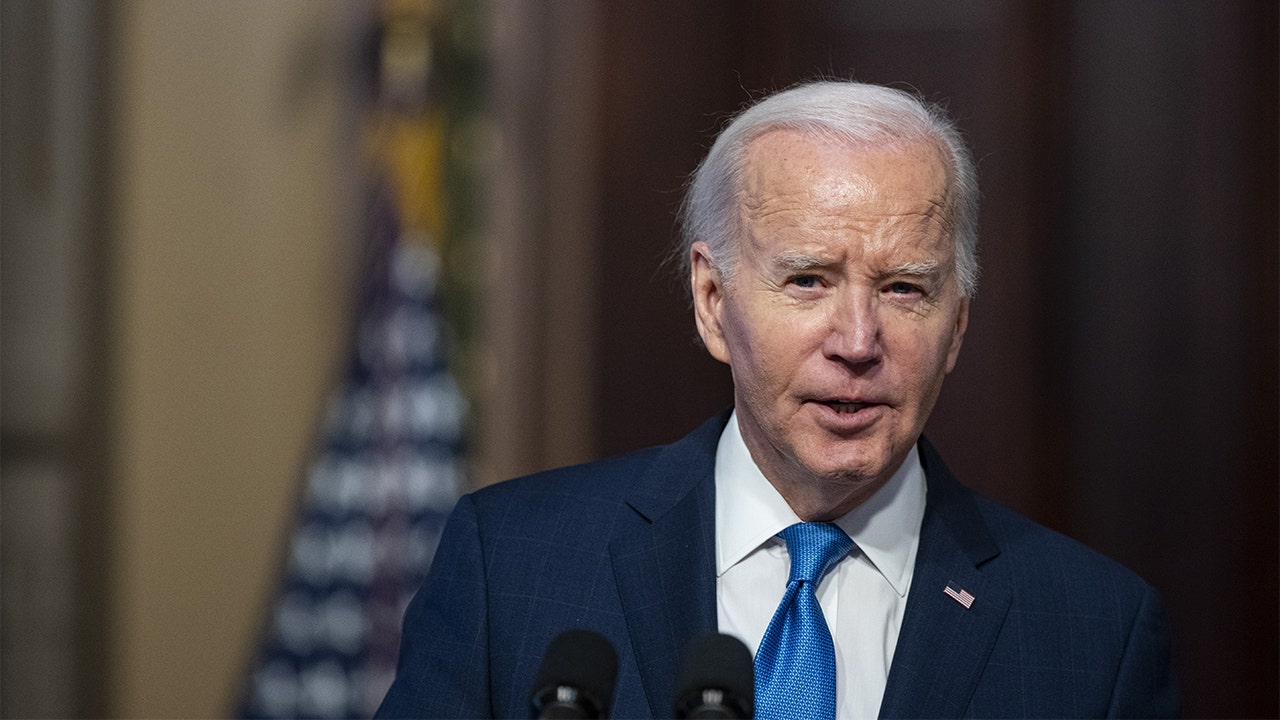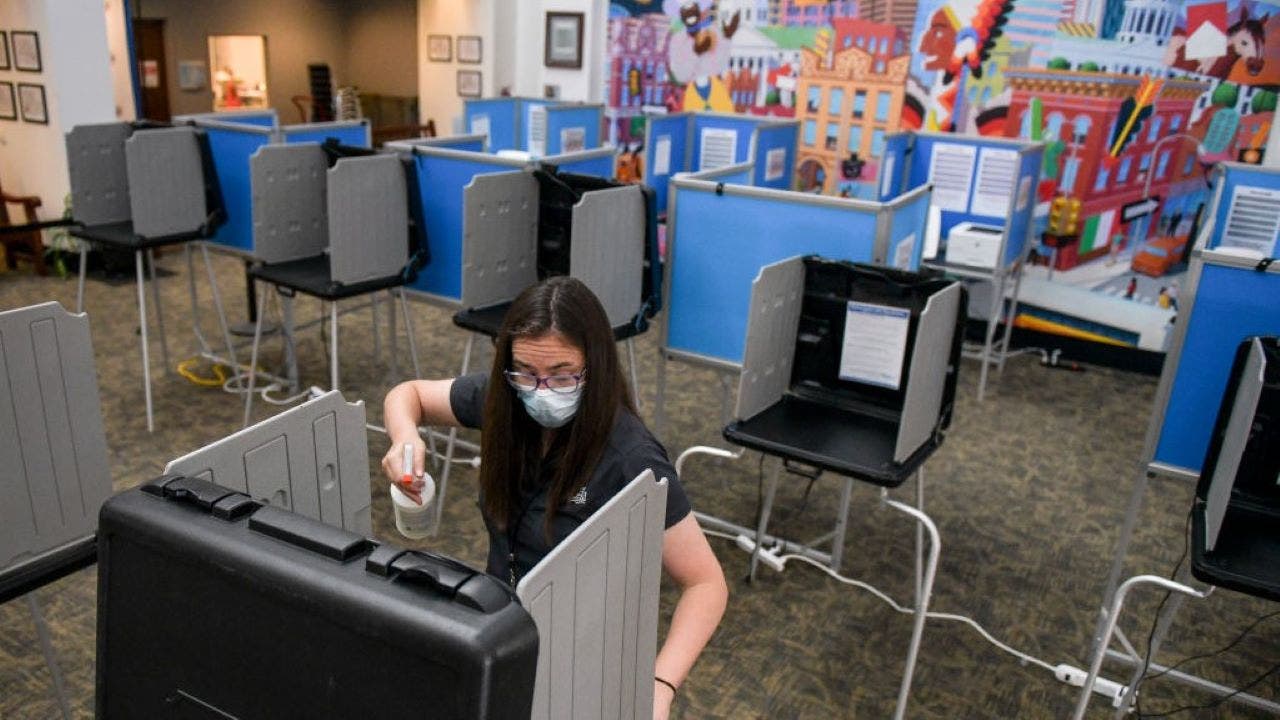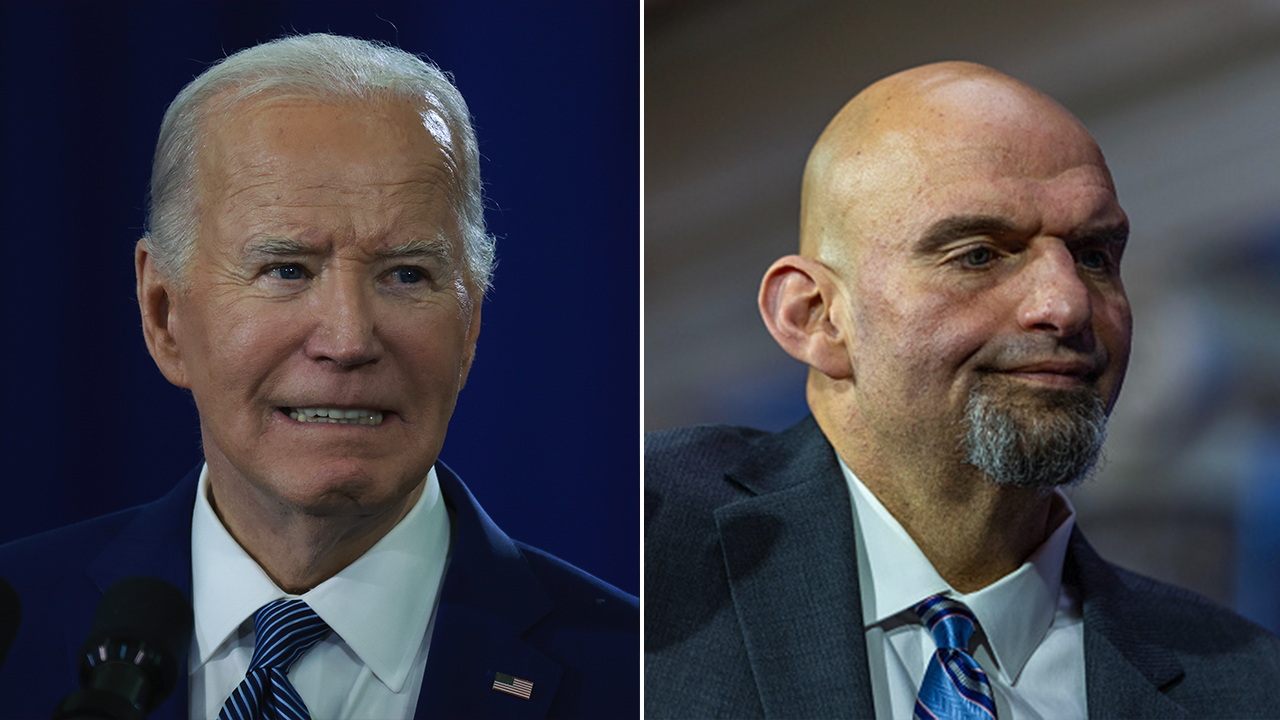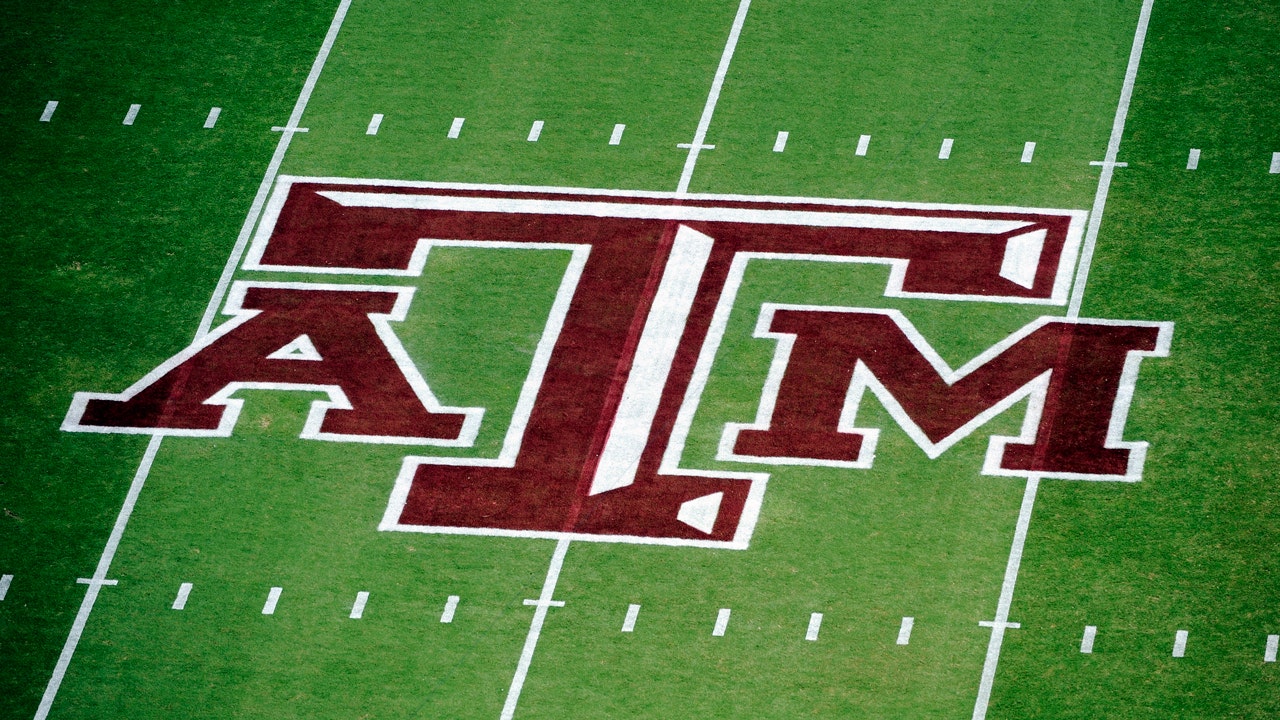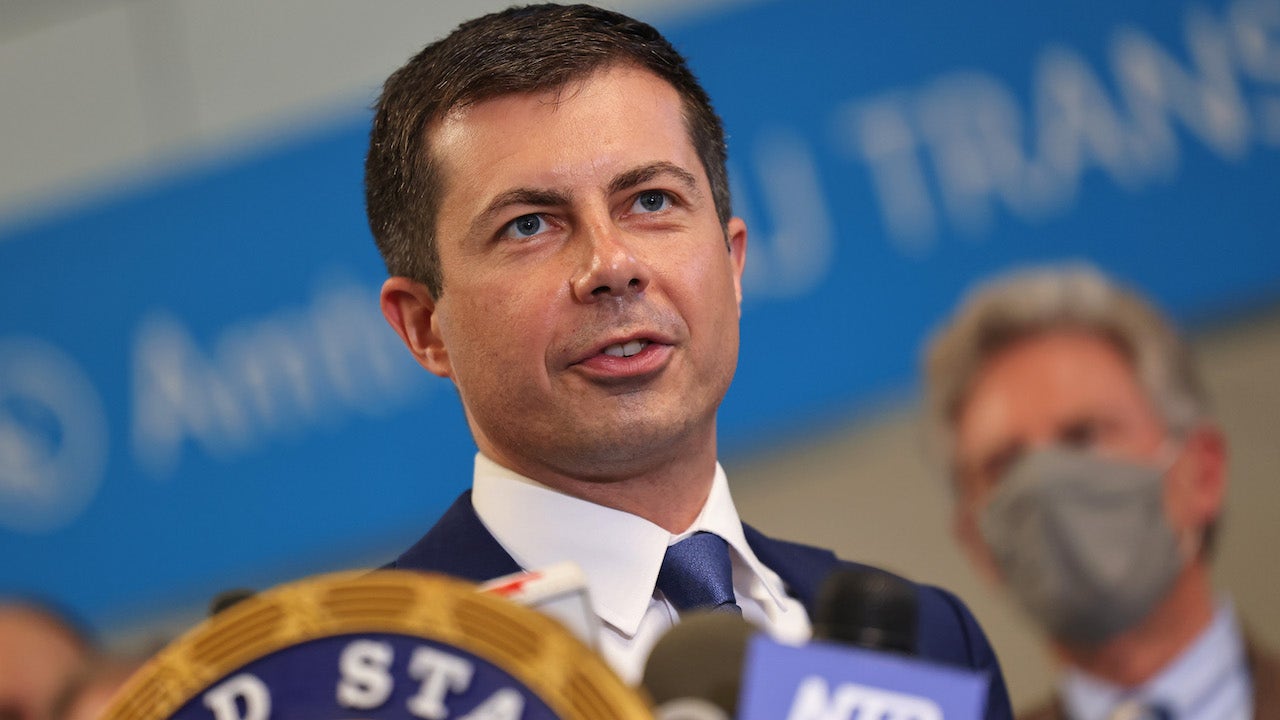The Biden administration finalized energy efficiency regulations targeting common everyday lightbulbs late Friday as part of its sweeping climate agenda.
The Department of Energy announced the new standards for general service lamps, which include the most common types of residential and commercial lightbulbs. The agency said the regulations will slash greenhouse gas pollution, ultimately cutting 70 million metric tons of dangerous carbon dioxide over the next three decades.
“Making common household appliances more efficient is one of the most effective ways to slash energy costs and cut harmful carbon emissions,” Energy Secretary Jennifer Granholm said in a statement.
“Under President Biden and as directed by Congress, DOE is following the lead of lightbulb manufacturers, helping American families flip the switch on massive energy savings through strengthened energy efficiency standards.”
WHITE HOUSE UNVEILS STRICT HYDROGEN REGULATIONS IN VICTORY FOR ENVIRONMENTALISTS

The Energy Department is “helping American families flip the switch on massive energy savings through strengthened energy efficiency standards,” Energy Secretary Granholm said Friday. (Tom Williams/CQ-Roll Call, Inc via Getty Images)
In addition to its projected emissions reductions, DOE said the new lightbulb efficiency standards will save American families $1.6 billion in household energy costs every year.
Under the rules, which will be enacted beginning in mid-2028, manufacturers will be required to raise the efficiency level of most common lightbulbs from 45 lumens per watt to more than 120 lumens per watt, a nearly 170% increase. Only LED bulbs will be able to comply with the standards, not compact fluorescent bulbs.
BIDEN ADMIN LAUNCHED AN AGGRESSIVE CAMPAIGN TARGETING HOME APPLIANCES WITH ECO REGULATIONS IN 2023
While U.S. households have increasingly switched to LED light bulbs since 2015, fewer than half of households reported using mostly or exclusively LEDs, according to recent results from the Residential Energy Consumption Survey.
Overall, 47% of households use mostly or only LEDs, 15% use mostly incandescent or halogens and 12% use mostly or all compact fluorescent, with another 26% reporting no predominant bulb type, the federal data showed.
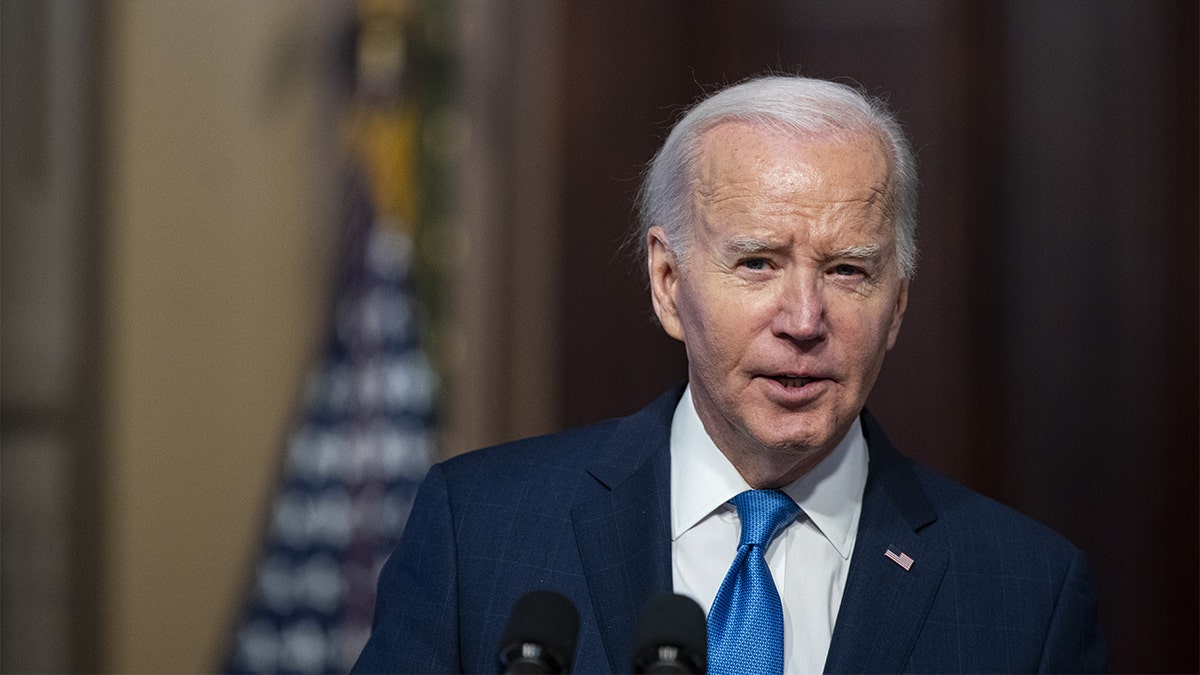
The Biden administration has repeatedly targeted home appliances as part of its effort to reduce emissions and fight global warming. (Al Drago/Bloomberg via Getty Images)
According to the survey data, LEDs are also far more popular in higher-income households, meaning the energy regulations will potentially impact lower-income Americans most. While 54% of households with an income of more than $100,000 per year used LEDs, just 39% of households with an income of $20,000 or less used LEDs.
In addition, the DOE has taken aim at a broad range of popular home appliances, including stove tops, water heaters, furnaces, dishwashers, refrigerators and ceiling fans.
“Ostensibly, these DOE efficiency standards are supposed to benefit consumers. That’s the way the law is written,” Ben Lieberman, a senior fellow at the Competitive Enterprise Institute, previously told Fox News Digital. “But they’re clearly being done as part of the climate agenda, especially this agenda to electrify everything.”
CLICK HERE TO GET THE FOX NEWS APP
DOE, meanwhile, has pointed to its authority under the 1975 Energy Policy and Conservation Act, which established a federal program consisting of test procedures, labeling and energy targets for consumer products. The 1987 National Appliance Energy Conservation Act then established minimum appliance efficiency standards and requires DOE to periodically update the standards.
